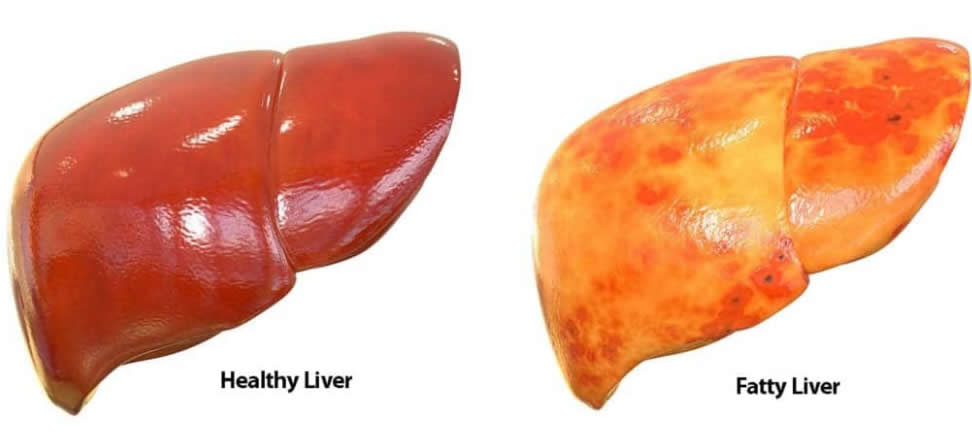

![]() Call Now +91 8400065000
Call Now +91 8400065000

Holistic Homeopathic Care for Fatty Liver: Comprehensive Solutions and Tests
Welcome to livercure.org, where we offer natural and effective homeopathic treatments tailored to address liver health issues, including fatty liver disease.
Our approach is rooted in holistic healing, focusing on restoring balance within the body and promoting optimal liver function without relying on conventional drugs. Explore our specialized services designed to help you manage and overcome fatty liver disease.
Fatty Liver Treatment
Fatty liver disease occurs when excess fat builds up in the liver, leading to inflammation and potential liver damage.At LiverCure, our homeopathic fatty liver treatment aims to reduce liver fat, restore liver function, and prevent the progression of the disease.
By focusing on individualized care, we address the root causes of fatty liver, such as poor diet, metabolic imbalances, and lifestyle factors, to ensure a long-lasting recovery.
Our Treatment Approach
Test for Fatty Liver Disease
Early detection is crucial in managing fatty liver disease effectively.We offer a range of non-invasive tests for fatty liver disease to accurately diagnose the condition and monitor your liver health.
Our diagnostic services are designed to identify fatty liver disease in its early stages, allowing us to tailor a treatment plan that best suits your needs.
Diagnostic Services:
While conventional medicine often prescribes drugs to manage fatty liver disease, our homeopathic approach offers a natural alternative. We utilize carefully selected remedies that work with your body’s natural healing processes to reduce liver fat, alleviate inflammation, and promote overall liver health.
Our goal is to restore balance without the side effects commonly associated with pharmaceutical treatments.
Non-Alcoholic Fatty Liver Test
Non-alcoholic fatty liver disease (NAFLD) is a growing concern, particularly among those with metabolic conditions like obesity and diabetes.At LiverCure, we provide specialized non alcoholic fatty liver tests to diagnose NAFLD and assess the severity of the condition.
. Early diagnosis allows us to implement a targeted homeopathic treatment plan, helping to prevent progression to more serious liver conditions.
Testing Options
Treating non-alcoholic fatty liver disease with homeopathy involves using remedies that address the underlying causes of fat accumulation in the liver.
Our natural medicines are selected based on your specific symptoms, health history, and the stage of the disease.
By working with your body’s natural processes, these remedies help reduce liver fat, improve liver function, and promote long-term health without relying solely on drugs for fatty liver disease.